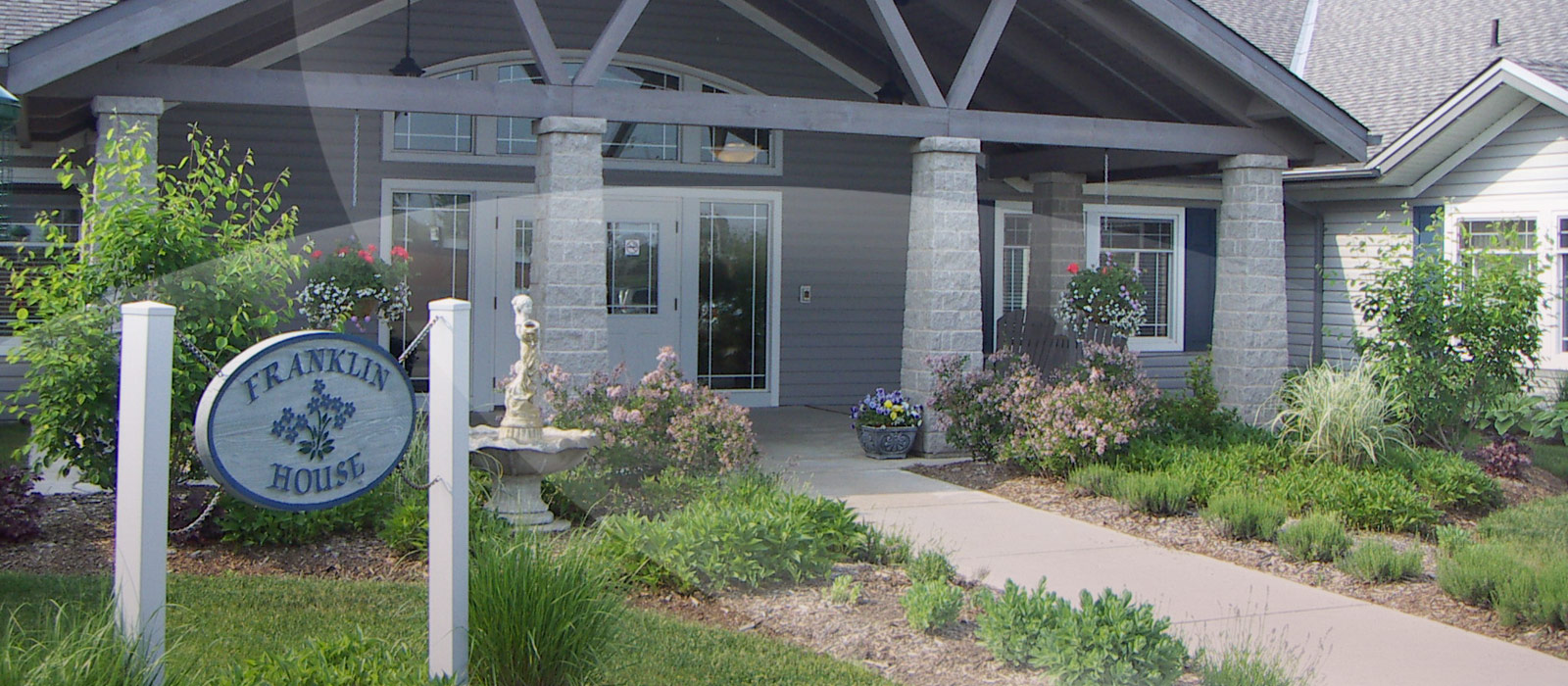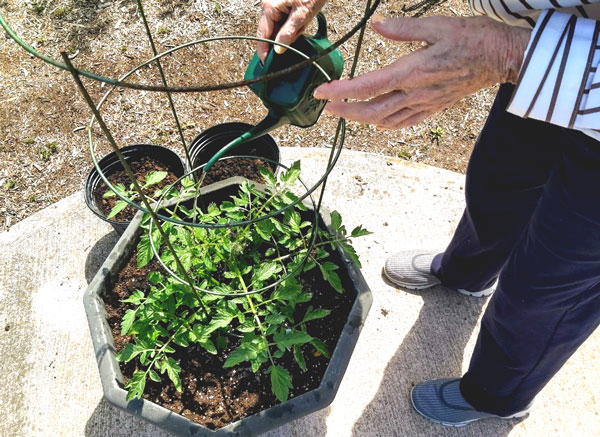by Joy Birch, Chief Operating Officer, Highview Residences
By the year 2050, an average of 685 individuals will be diagnosed with dementia every day, totalling more than 1.7 million Canadians. With the progression of dementia, the time will come when a decision needs to be made about where to live. That decision comes with a range of feelings—fear, worry, grief—and many questions, the biggest being “when?”
There are generally four key signs that can help guide your decision:

1. Personal Care Decline
Dementia can affect a person’s sense of self, which may result in:
- Neglecting hygiene (not bathing, unwashed hair)
- Wearing the same clothes repeatedly
- Forgetting to groom (shaving, brushing teeth, changing clothes)
2. Household Maintenance Issues
Routine household tasks become harder to complete, such as:
- An empty or expired-food-filled refrigerator
- Forgetting to take medications
- Burnt or scorched pots from unattended cooking
- Hoarding or accumulating excessive items
3. Social Withdrawal and Cognitive Changes
Dementia affects how a person expresses themselves and processes communication. Signs may include:
- Becoming withdrawn, especially if they were once very social
- Not engaging in conversations or avoiding them
- Repeating stories or asking the same questions
- Losing track of time or struggling with recent events
4. Spousal Protection & Caregiver Support
When a spouse notices their partner struggling with memory or communication, they may try to compensate. You may notice:
- A spouse answering questions for their partner
- Excessive cueing or prompting during conversations
- Covering up memory lapses or minimizing concerns
Two Urgent Signs That Require Immediate Action
While the above four signs indicate a growing need for change, there are two critical situations where action must be taken immediately:
- If the person with dementia wanders or gets lost—even once
- If the primary caregiver’s health declines, they are injured or hospitalized
Either of these situations immediately changes what care is needed, who is caring, and where to live.
What Are the Next Steps?
Too often, families work hard to keep a loved one at home as long as possible—until an emergency forces them to make a quick decision. Taking proactive steps before a crisis can reduce stress and provide better options.
Immediate next steps may include:
- Increasing family involvement to provide more support
- Arranging in-home care services for additional assistance
- Considering a long-term care home or a private dementia care residence
Why Families Choose Highview Residences
Highview Residences provides a secure, loving home designed specifically for people with dementia (including Alzheimer’s).
What Makes Highview Different?
- Private bedrooms with an en-suite bathroom for privacy
- Small, homelike cottages and open-concept dining rooms that promote comfort and community
- Secure walking gardens and lots of natural light for well-being
- Qualified, compassionate staff supporting residents through all stages of their dementia
“Families often wonder, ‘When is it time to move?’ Unfortunately, many wait until there is a crisis, which can limit choices. Having a plan can ease the transition and help ensure your loved one receives the care they need — before an emergency occurs.”
— Joy Birch, COO, Highview Residences
Get the Support You Need
If your loved one shows signs that additional care is needed, you are not alone. Highview Residences provides compassionate, specialized care that supports individuals and their families through the progression of dementia.
Highview Residences Kitchener-Waterloo
(519) 893-2374 ext 301
gmkw@highviewres.com
Highview Residences London
(519) 472-8882 ext 201
gmlondon@highviewres.com
For more information on Alzheimer’s Disease and related dementias, contact us today.

